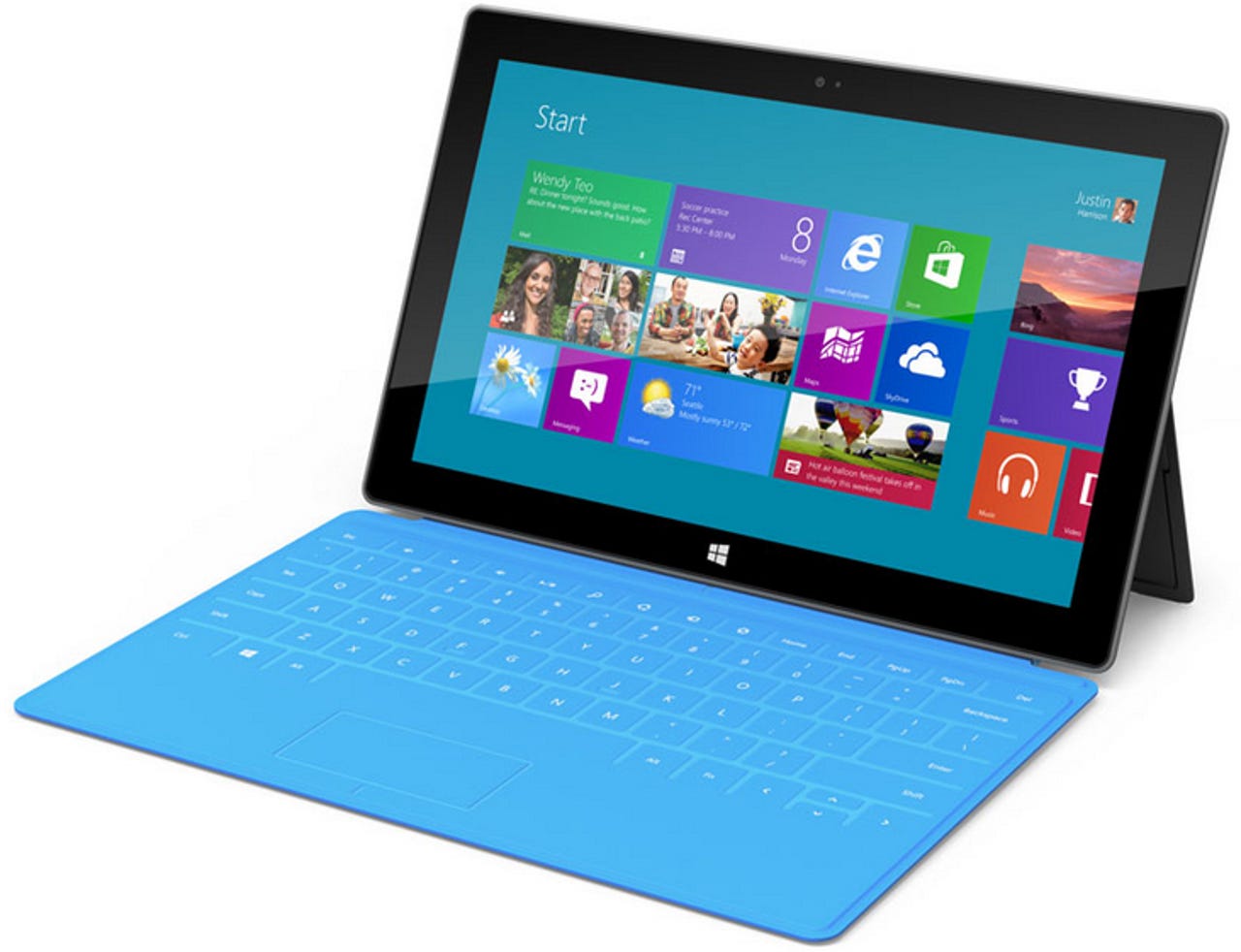Microsoft: Radical shift to devices, risk ahead of Windows 8

Microsoft CEO Steve Ballmer made it official: The company is shifting its model to focus on devices and services ahead of the Windows 8 launch. The importance of this shift can't be understated: Microsoft's revamp will make or break the company.
Ballmer said in a shareholder letter:
Last year in this letter I said that over time, the full value of our software will be seen and felt in how people use devices and services at work and in their personal lives. This is a significant shift, both in what we do and how we see ourselves — as a devices and services company. It impacts how we run the company, how we develop new experiences, and how we take products to market for both consumers and businesses. The work we have accomplished in the past year and the roadmap in front of us brings this to life.
Wait!?! Microsoft doesn't see itself as a software company when most of its revenue comes from licenses. Can this be?

Ballmer said Windows 8 will be a device and services play---and sounds almost like Amazon.
We will continue to work with a vast ecosystem of partners to deliver a broad spectrum of Windows PCs, tablets and phones. We do this because our customers want great choices and we believe there is no way one size suits over 1.3 billion Windows users around the world. There will be times when we build specific devices for specific purposes, as we have chosen to do with Xbox and the recently announced Microsoft Surface. In all our work with partners and on our own devices, we will focus relentlessly on delivering delightful, seamless experiences across hardware, software and services.
A great example of this shift is Windows 8. Windows 8 will come to market Oct. 26, 2012, with beautiful hardware that will light up with our consumer cloud services. Windows 8 unites the light, thin and fun aspects of a tablet with the power of a PC. It's beautiful, it's functional, and it's perfect for both personal and professional use. Xbox Music, Video, Games and SmartGlass apps make it possible to select a movie from a PC, start playing it on the TV, and finish watching it on a phone. SkyDrive, our cloud storage solution, effortlessly connects content across a user's devices. Bing's powerful search technologies in Windows 8 will help customers get more done. Skype has a beautiful new Windows 8 app and connects directly into the new Office.
Microsoft also said it will take this services and devices approach for the enterprise.
Let's give Microsoft props for its radical shift. Windows 8, devices and services remake the company's model completely. Unfortunately, devices and services can be lower margin endeavors. The bottom line is software makes more dough. Devices are hit or miss. Windows upgrades are typically no-brainers. Ditto for Office.
The risks here are obvious:
- Microsoft will have some revenue issues as it shifts to the cloud and a services model. Look at Adobe as how this shift affects the financial outlook.
- The company beyond Xbox is largely unproven on the devices front. Surface could be a hit like Xbox. Or it could be Kin.
- Windows 8 may be a binary event. The OS will either be a hit or confuse users completely. There may not be much of an in between.
- Partners---the ones who make the hardware---could be alienated.
- Ballmer's track record is spotty. Ballmer missed the search and mobile curves. Microsoft now has competitive offerings, but is behind Google on search and mobile. And now we're supposed to bet that Ballmer knows devices too?